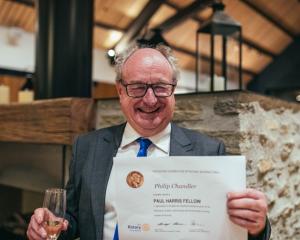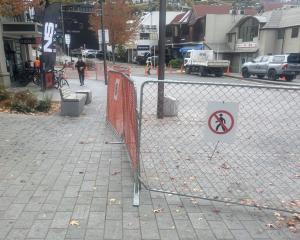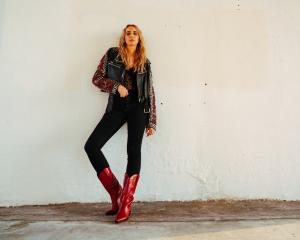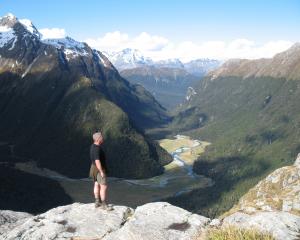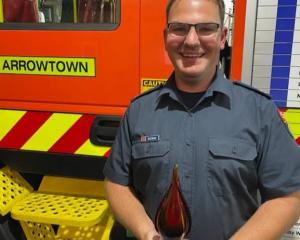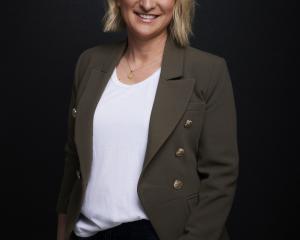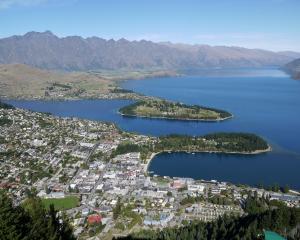
Plant-based fast food franchise Lord of the Fries is gearing up to open its Queenstown store next month and plans to open 12 more across New Zealand.
The Australian company, which currently has two stores, is growing its presence in New Zealand and expanding into India, targeting the country's population of approximately 370 million vegetarians.
Lord of the Fries New Zealand franchiser Bruce Craig, a long-time vegan and architect-by-trade, said the brand had been well-received by Kiwis since its launch here almost two years ago.
"We've got a huge following, not only among the vegan and vegetarian populations, but also generally among people who like good food," Craig said.
"We find that a lot of people are really excited when they find out everything is plant-based. We get religious vegetarians who don't want to purchase from places that may do a veggie burger but cook meat alongside it, and also halal and kosher [customers], so we kind of tick a bunch of boxes."
[[{"type":"instagram_post_url","src":"https://www.instagram.com/p/BjTu0c2B8Oz/","odtEmbed":true}]]
Lord of the Fries launched in New Zealand in October 2016. It has two Auckland stores on Commerce St and Karangahape Rd.
It will open its Queenstown store in July and a Ponsonby store in October. It is also eyeing stores for Wellington, Christchurch and more across Auckland.
Craig said he is aiming to have "seven or eight" stores by the end of the year.
"In five years, I'd like to have about 15 stores; some of those will be company-owned and some will be franchised," he said.
"At the moment all of our stores are company-owned but we have people knocking on the door looking to purchase franchises for places like the North Shore and New Lynn, so I imagine that'll speed up our rate of expansion quite quickly."
The company was started in Melbourne in 2004 by Mark and Amanda as a food truck selling only fries. The founders opened their first store in 2008 and now have 20 stores in Australia.
The founders have recently sold a master franchisee licence into a region of India.
"Some of people who enjoy our food, who come to our stores here and in Australia are of Indian-origin," Craig said. "India is such a huge market with over a billion people, it's got a very large proportion of religious vegetarians, so there's a ready-made market if you like for vegetarian, vegan foods there."
The UK has the highest proportion of vegans and vegetarians per capita in the Western world, and Craig said New Zealand also had a growing population.
Craig said he hoped the country would move with the times to develop plant-based protein.
"We have a strong, young population of vegetarians and vegans but the issue I see is that we're likely to hand them a land that is so degraded that it will take a while to get it up to what it needs to do to be able to grow plant proteins," Craig said.
"We have concerns about the environment and concerns about water quality. I think it's time we have a good look at how we keep up with the rest of the world who are moving incredibly quickly into plant-based protein."
The movement towards plant-based protein has attracted some heavy hitters.
Canadian film-maker James Cameron has taken the lead in supporting a plant-based future. He owns several Wairarapa farms and is in the process of converting them to produce plant-based agriculture.
He has also set up a company with Sir Peter Jackson, called PBT New Zealand, which is said to use technology to help produce plant-based protein 'meat' alternatives.
Craig said Lord of the Fries New Zealand would like to work with local plant-based manufacturers in the future, including Sunfed Meats.
Currently, it imports its frozen patties from Australia, Canada and South Africa and sources its cheese alternatives from local supplier Angel Foods.
Its burger buns and sauces are also made locally.
"I'd like to use local suppliers where we can but we need to get to a certain scale before we can do so fully," Craig said.

